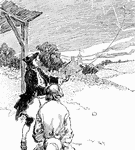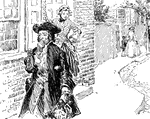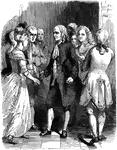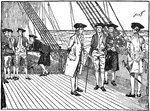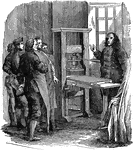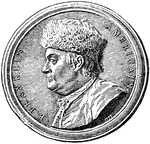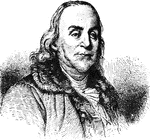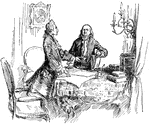Clipart tagged: ‘benjamin franklin’

The Franklin Medallion
Franklin was a celebrity in Paris even before his arrival in 1777, and medallions from the faience pottery…

Benjamin Franklin
"Benjamin Franklin managed men, the whilom printer, king's postmaster-general for America, discoverer,…
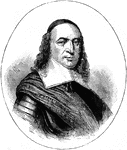
Benjamin Franklin
Benjamin Franklin (January 17, 1706 – April 17, 1790) was one of the Founding Fathers of the United…
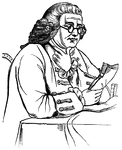
Benjamin Franklin
Benjamin Franklin was one of the Founding Fathers of the United States of America. He was also a noted…
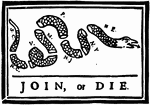
Join or Die
"A device printed in Franklin's newspaper, the Pennsylvania Gazette, shows a wriggling rattlesnake cut…
